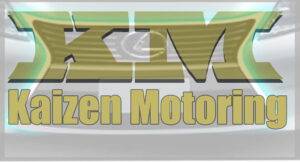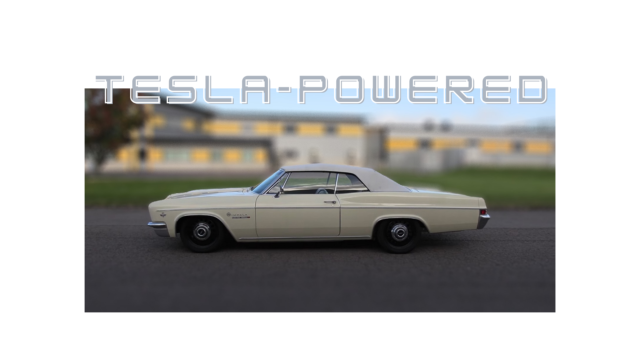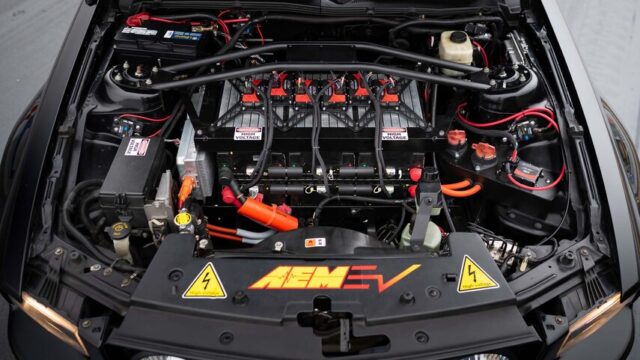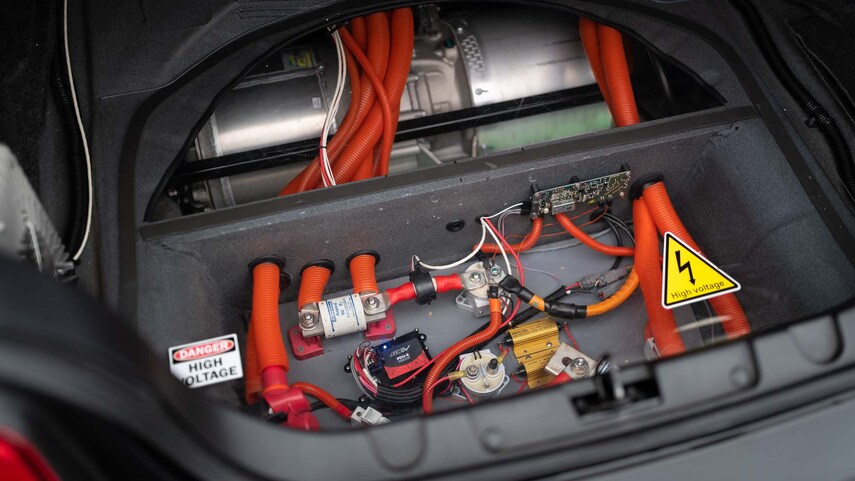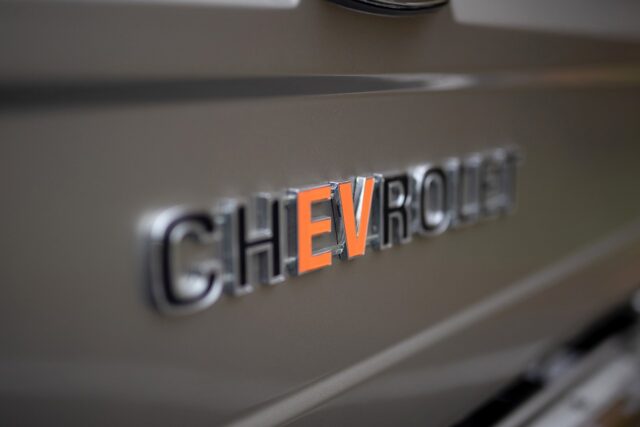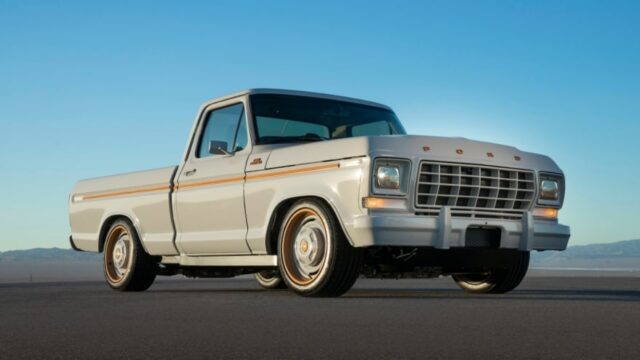Tesla Swapped Electric Chevy Impala EV Build with Specs
P85 Tesla Rear Drive Unit with Custom Battery Enclosure – Build Specs Below
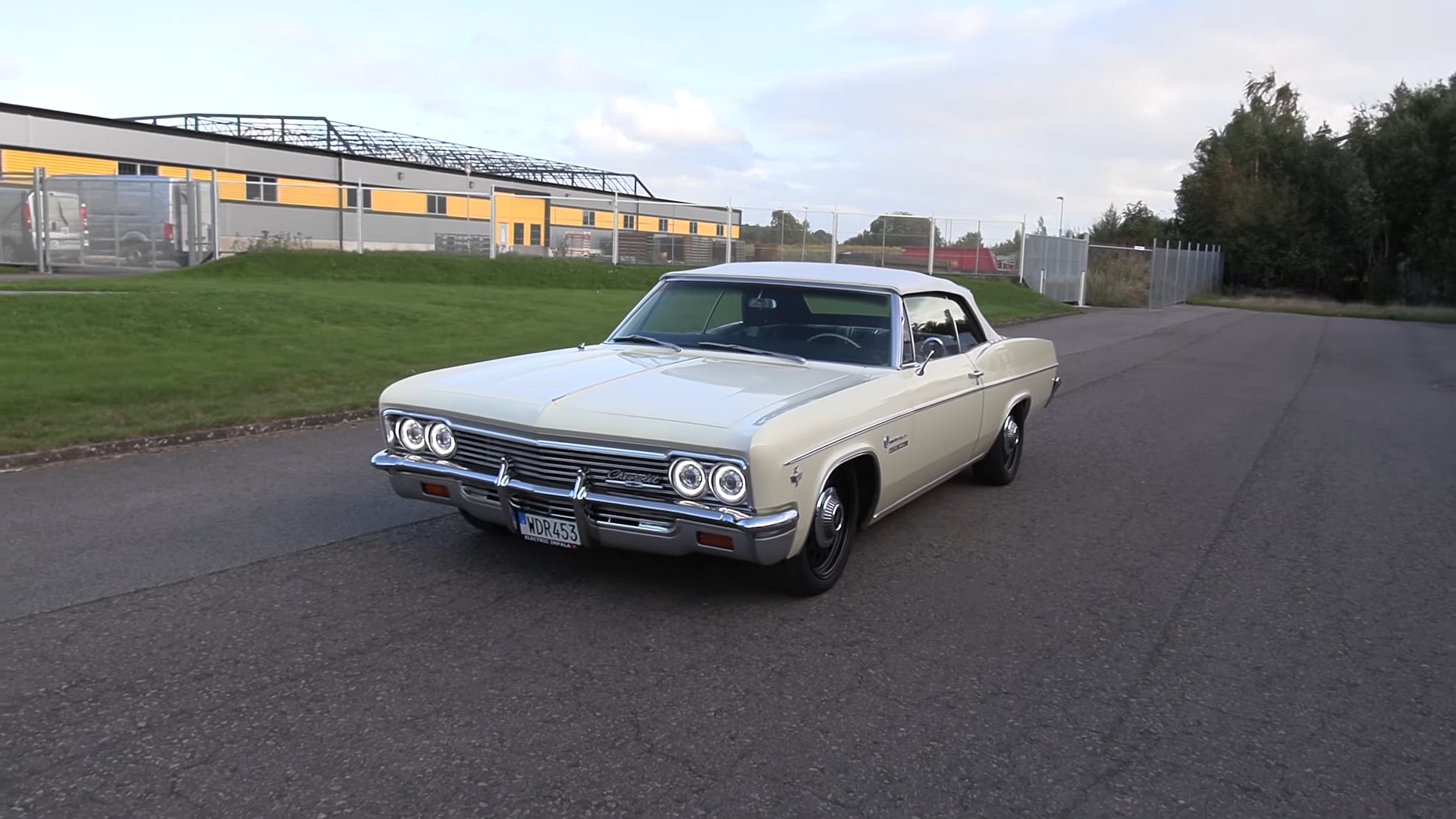
The Tesla Swapped Electric Impala is not just a one-off concept car. It is a fully functional vehicle that is capable of driving on the road just like any other electric car. The conversion process involves removing the original gasoline engine and transmission and replacing them with a Tesla electric motor and battery pack. This process is not for the faint of heart and requires a high level of technical expertise. However, the end result is a car that is not only environmentally friendly but also incredibly powerful and efficient.
Specs
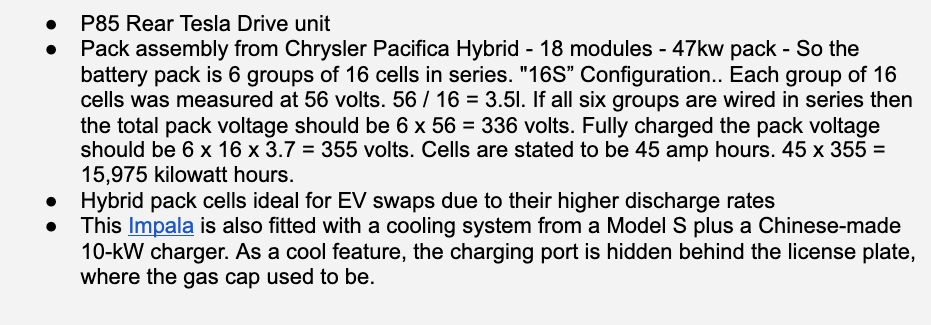
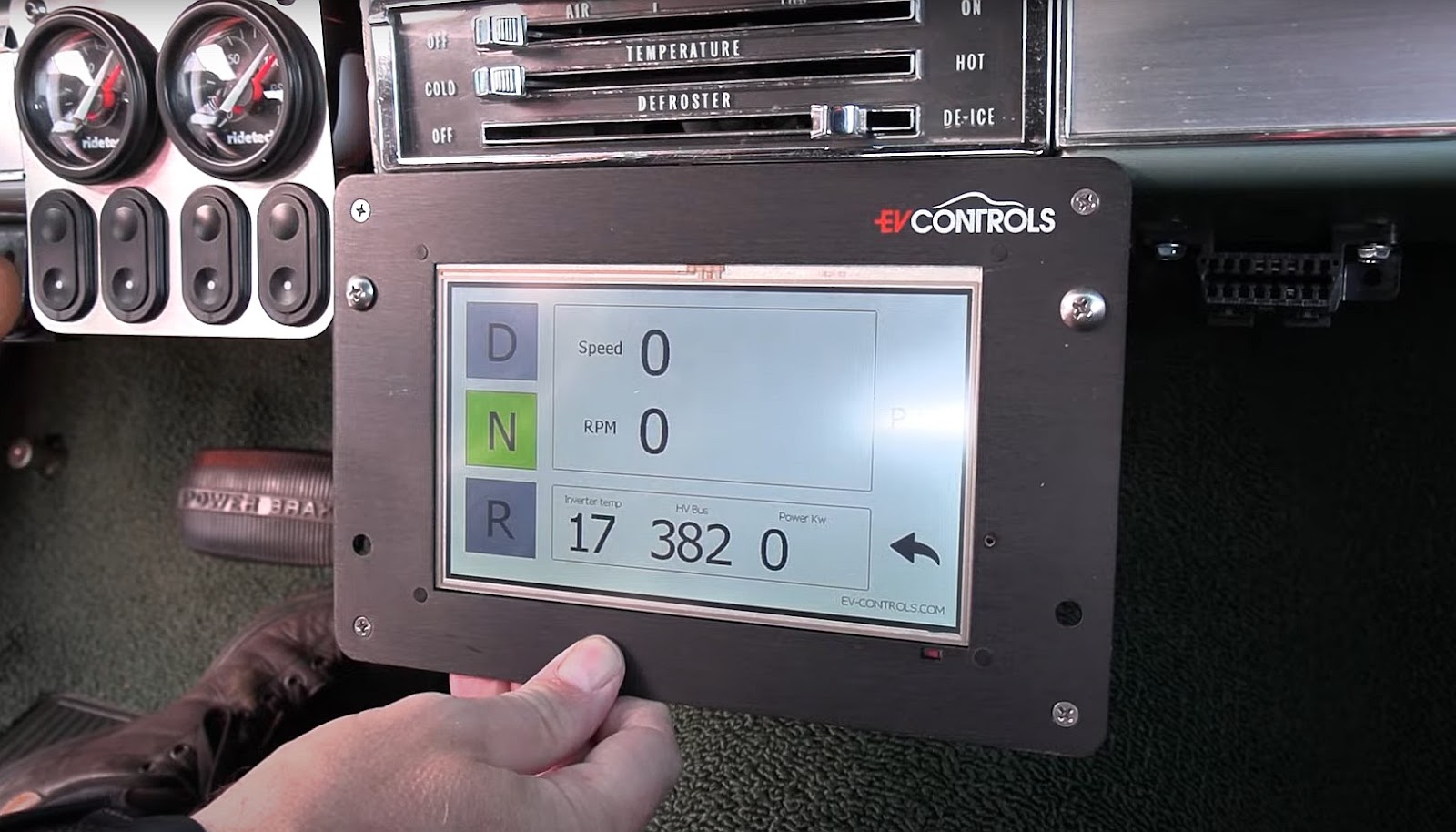
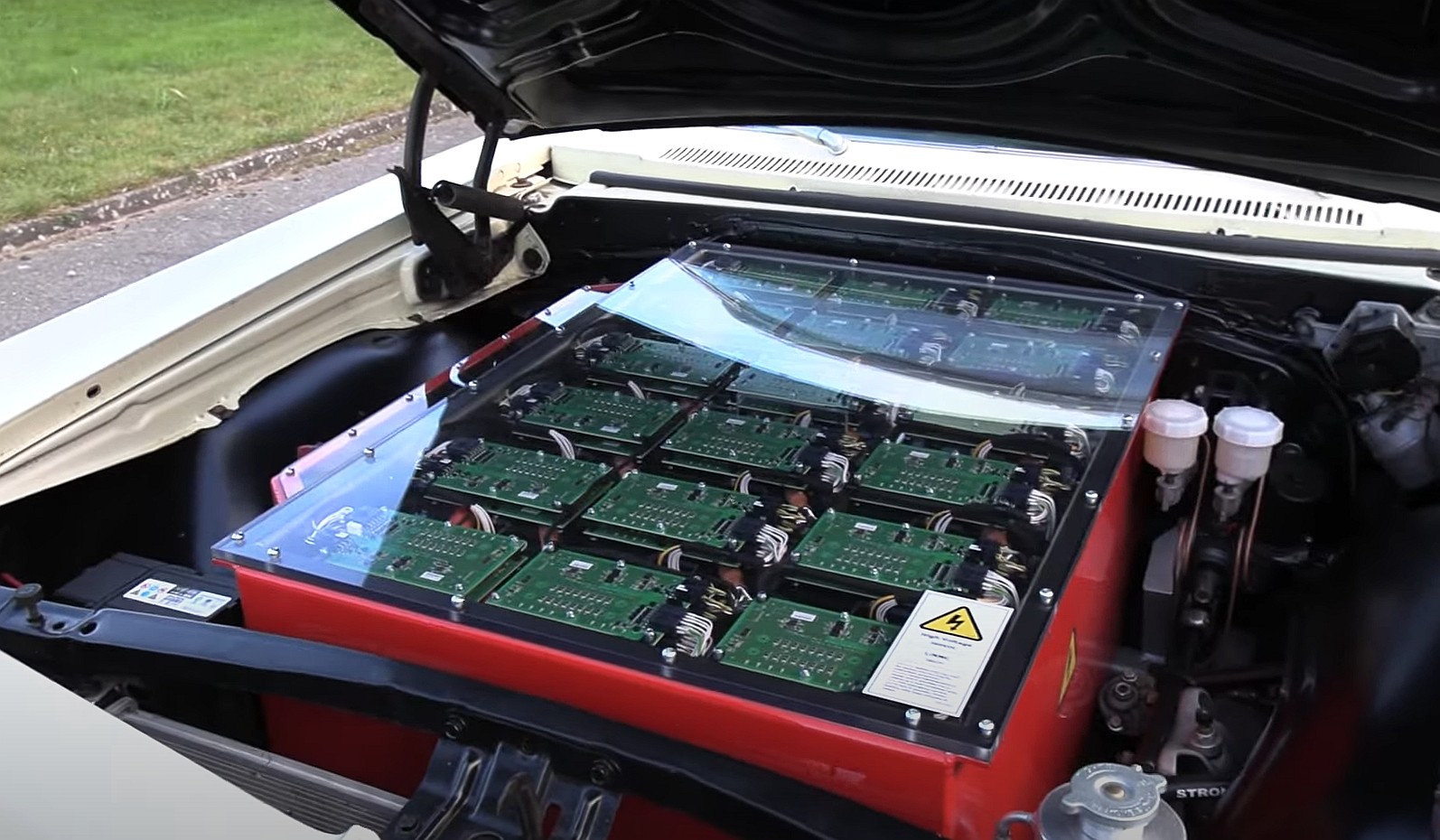
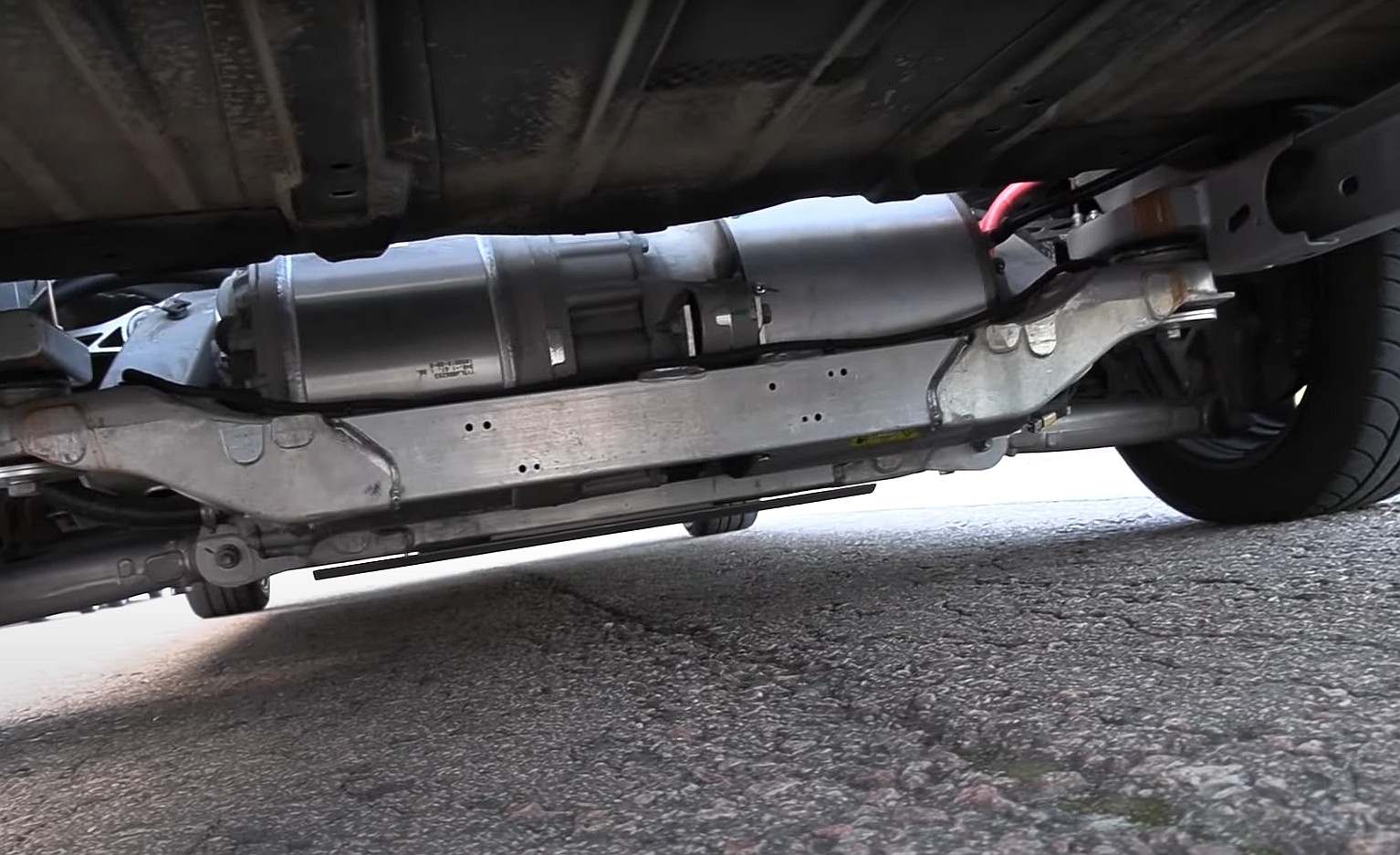
INTERIOR
The interior is all-original and restored to a perfect finish, but the owner added a few extras to go with the modern underpinnings. There’s a touchscreen that operates the transmission and serves as a control panel for the air suspension.
IN CONCLUSION
So, it seems that the Tesla Model S P85 rear drive unit seen in this Tesla Swapped Electric Impala might be a good option for an electric vehicle swap. The battery pack assembly from a Chrysler Pacifica Hybrid can provide all of the components necessary to make this conversion happen. With careful planning and execution, this could be a great way to get your hands on a high-performance electric car without breaking the bank. Have you tried any electric vehicle swaps? Let us know in the comments!
